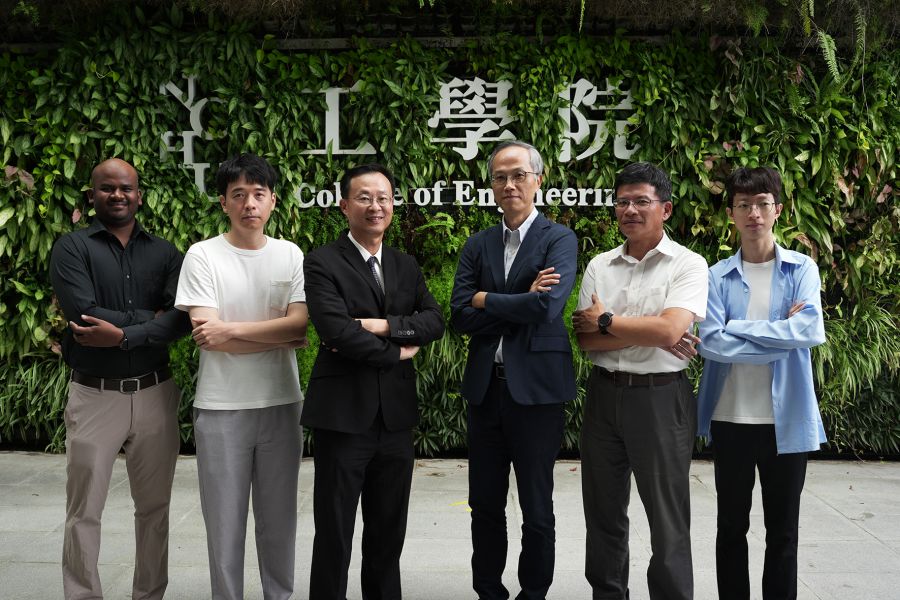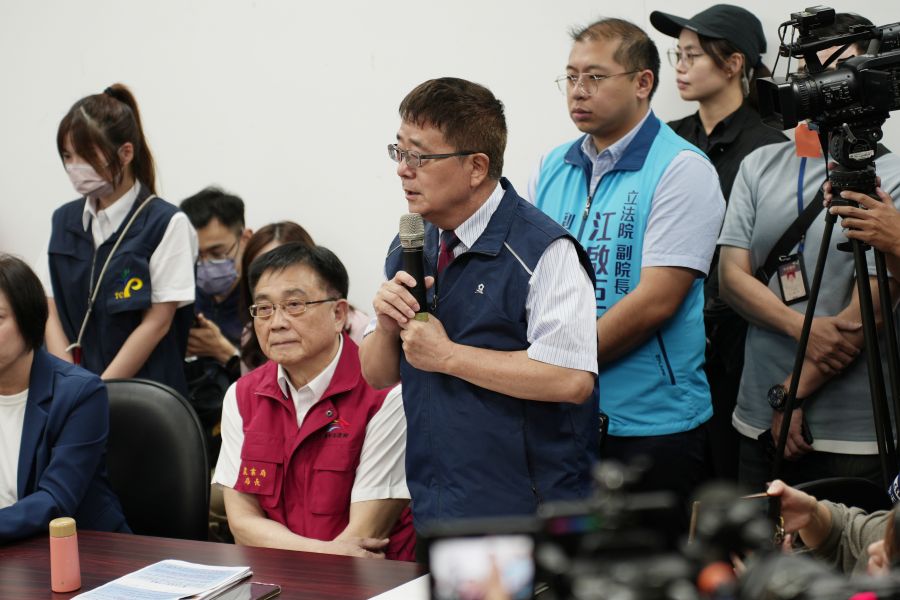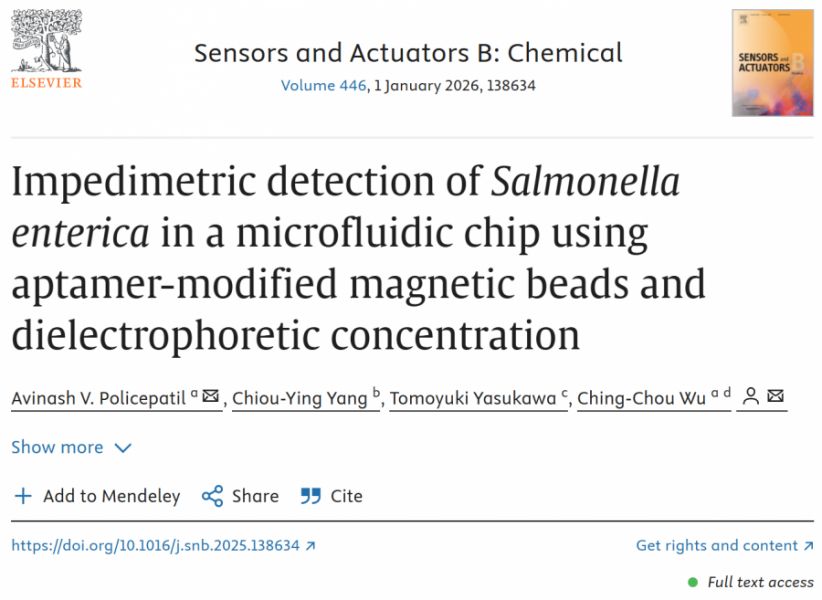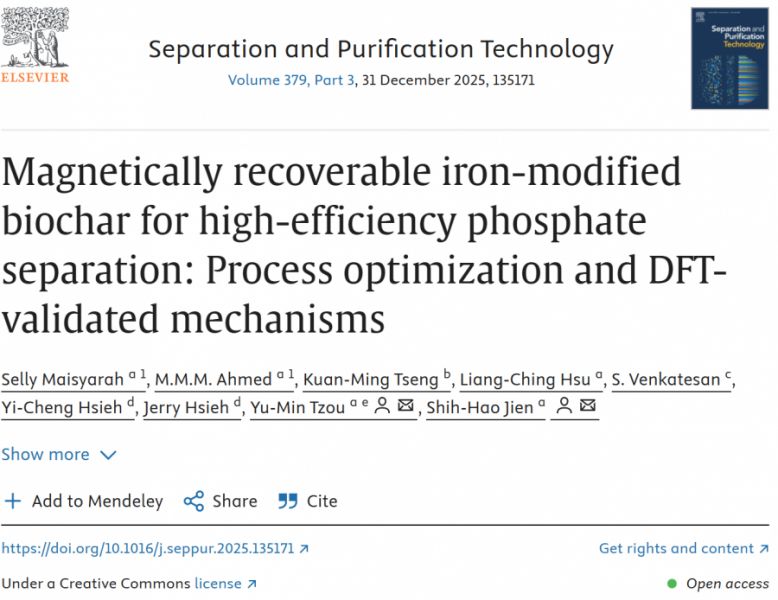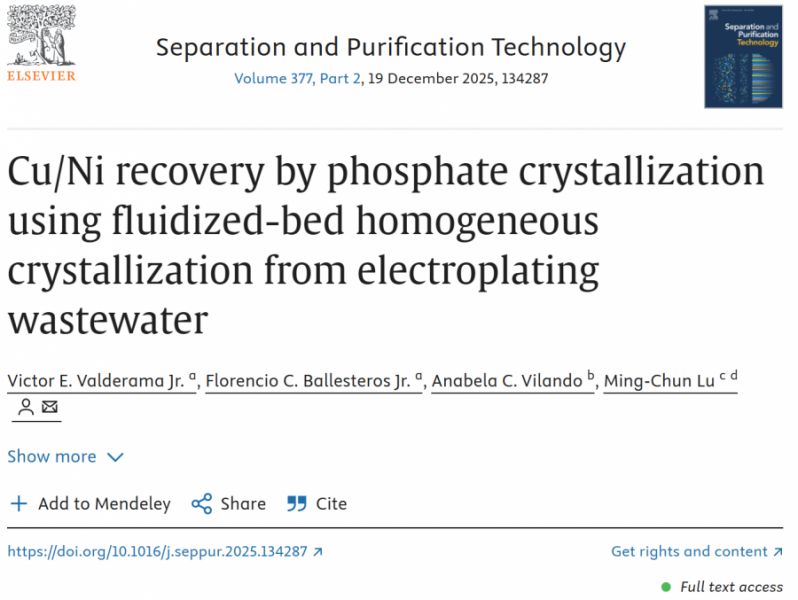循環農業:農業廢棄物再資源化【食品暨應用生物科技學系/蔣恩沛特聘教授】
| 論文篇名 | 英文:Docosahexaenoic Acid Inhibits Cell Proliferation through a Suppression of c-Myc Protein in Pancreatic Ductal Adenocarcinoma Cells 中文:二十二碳六烯酸通過抑制胰腺導管腺癌細胞中的 c-Myc 蛋白來抑制細胞增殖 |
| 期刊名稱 | ANTIOXIDANTS |
| 發表年份,卷數,起迄頁數 | 2021, 10, 1721 |
| 作者 | Syu, Jia-Ning; Lee, Der-Yen; Hung, Hung-Chang; Li, Chia-Ying; Lin, Hung-Yu; Chiang, En-Pei Isabel(蔣恩沛); Chen, Yi-Heng; Huang, Shu-Ming; Tang, Feng-Yao* |
| DOI | 10.3390/antiox10111721 |
| 中文摘要 | 通過抑制生存信號路徑的異常活化來治療胰腺癌已受到廣泛關注。我們研究 DHA 對抑制人胰腺導管腺癌細胞 (PDAC) 細胞增殖的可能影響。結果表明的 DHA 通過誘導人 PDAC 細胞中的細胞週期停滯以抑制細胞增殖。DHA 抑制磷酸化 Rb (p-Rb)、細胞週期蛋白 D1、細胞週期蛋白 E、細胞週期蛋白 A、E2F1 和 c-Myc 蛋白的表現。阻斷 STAT3 信號路徑的活化導致 CAMKII 失活和 c-Myc (T58) 蛋白的磷酸化增加,同時 c-Myc 蛋白的表現降低。DHA通過降低 EGFR、STAT3 及 CAMKII 蛋白的磷酸化水平有效抑制細胞生存。作用機制與 c-Myc (T58) 的磷酸化量增加和 c-Myc 蛋白的不穩定性有關。DHA 通過增加 HPAF-II 細胞中的 GSSG/GSH 比例和氧化壓力程度來抑制細胞生存。DHA 通過增加 HPAF-II 細胞中 Bax、c-caspase 3 及 c-PARP 蛋白的表現來誘導細胞凋亡。此外,DHA 的治療顯著抑制核苷酸合成。總之,DHA 可能顯著抑制 PDAC 細胞的增殖,因此具有作為抗癌治療劑的潛力。 |
| 英文摘要 | Treatment of pancreatic cancer by inhibiting the aberrant activation of the survival signaling pathways has received considerable attention. We investigated the probable action of DHA on the suppression of cell proliferation in human pancreatic ductal adenocarcinoma (PDAC) cells. Our results demonstrated that DHA dose-dependently inhibited cell proliferation through an induction of cell cycle arrest in human PDAC cells. DHA suppressed the expression of phosphorylated-Rb (p-Rb), cyclin D1, cyclin E, cyclin A, E2F1 and c-Myc proteins. Blocking the activation of STAT3 signaling pathway led to an inactivation of CAMKII and increased phosphorylation of c-Myc (T58) protein accompanied with decreased expression of c-Myc protein. Treatment of DHA effectively inhibited cell survival through decreased phosphorylation levels of EGFR, STAT3 and CAMKII proteins. The mechanisms of action were associated with increased phosphorylation levels of c-Myc (T58) and instability of c-Myc proteins. DHA inhibited cell survival through an increased GSSG/GSH ratio and oxidative stress level in HPAF-II cells. DHA induced cell apoptosis through increased expression of Bax, c-caspase 3 and c-PARP proteins in HPAF-II cells. Moreover, treatment of DHA significantly inhibited nucleotide synthesis. In conclusion, DHA might significantly suppress the proliferation of PDAC cells and therefore have potential as an anti-cancer therapeutic agent. |



